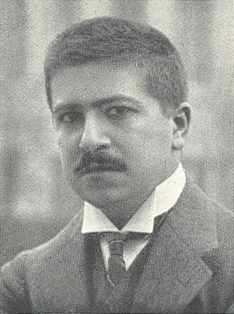A Quote by Ned Rorem
Don't be too dismissive of children. While it's true that few children are artists, all artists are children.
Related Quotes
There are 45 million children in Africa who are not in school. While other children are learning, exploring, and growing in the myriad ways that children were meant to grow, these children are trapped in a life of constant struggle. Without education, how can they be expected to escape such struggle? How can their children?
There is such a place as fairyland - but only children can find the way to it...until they have grown so old that they forget the way. Only a few, who remain children at heart, can ever find that fair, lost path again...The world calls them singers and poets and artists and story-tellers; but they are just people who have never forgotten the way to fairyland.
Artists raise their kids differently. We communicate to the point where we probably annoy our children. We have art around the house, we have books, we go to plays, we talk. Our focus is art and painting and dress-up and singing. It's what we love. So I think you can see how artists in some way raise other artists.
In the United States, the average is two children per family, while in Africa it is five children per family. On the surface, the statistic seems to indicate that Africans are having way too many kids and are taxing the Earth's resources, while American kids are born into families who are able to take care of them. However, the average American child consumes roughly the same resources as fifteen African children. So when an American family says they only have two children, they are actually consuming the resources of an African family of thirty children!






































